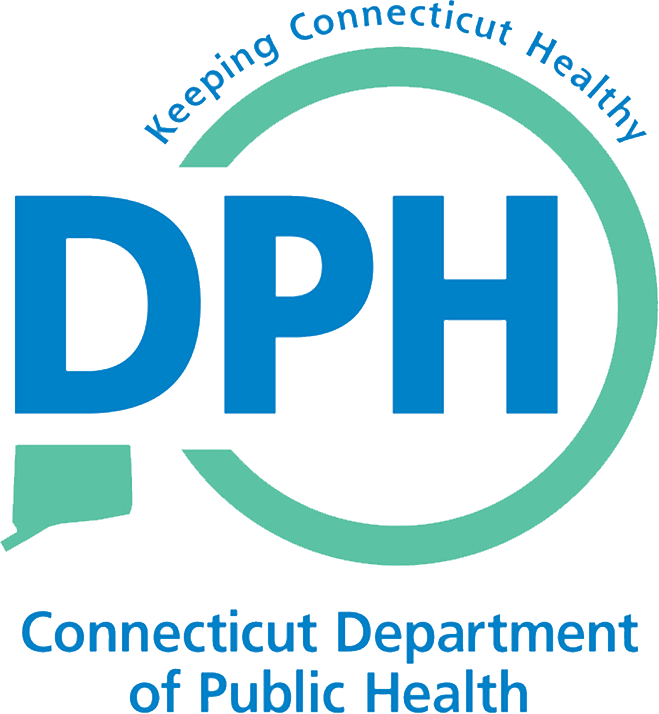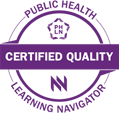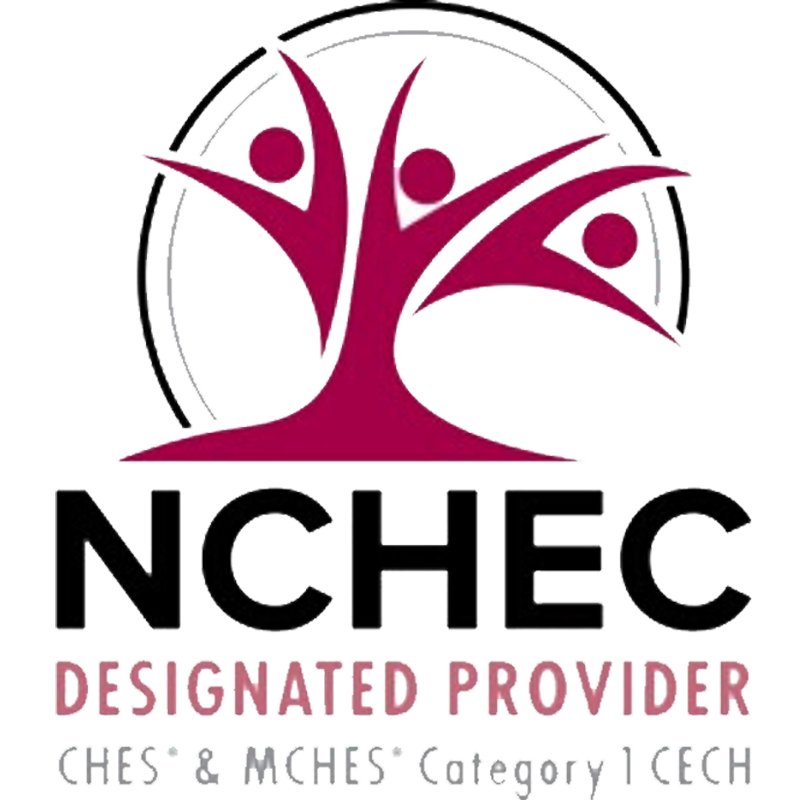
Foundations of Infection Prevention in the Ambulatory Care Setting
What is the basic science that underlies infection prevention? Learn about how bacteria and viruses are spread and how you can prevent disease transmission?



Enroll
Course Information
- Audience: Designed for ambulatory care settings, such as primary care clinics and doctor's offices. Intended audiences are administrative and clerical staff; non-licensed clinical staff; non- clinical staff; facilities staff and volunteers
- Format: Self-paced
- Price: Free
- Length: 30 Minutes
- Credential(s) eligible for contact hours: Sponsored by New England Public Health Training Center (NEPHTC), a designated provider of continuing education contact hours (CECH) in health education by the National Commission for Health Education Credentialing, Inc. This program is designated for Certified Health Education Specialists (CHES) and/or Master Certified Health Education Specialists (MCHES) to receive up to 1 total Category I continuing education contact hours. Maximum advanced-level continuing education contact hours are 1. Provider ID: 1131137 Event ID: SS1131137_BIPF.
If you are not seeking CHES/MCHES contact hours, if you complete the evaluation, you will receive a Certificate of Completion. The Certificate will include the length of the course. - Competencies: Public Health Sciences Skills
- Learning Level: Awareness
-
Companion Trainings
- Standard Precautions in the Ambulatory Care Setting: The Basics of Hand Hygiene
- Standard Precautions in the Ambulatory Care Setting: Safe Cough Practices
- Standard Precautions in the Ambulatory Care Setting: Personal Protective Equipment and Safe Surfaces
- Transmission-Based Precautions in the Ambulatory Care Setting
- Supplemental materials: None
- Pre-requisites: None
About this course
This course provides an overview of basic principles of infection transmission and the role of healthcare staff in preventing the spread of infections to themselves, colleagues and patients. It contains non-graded knowledge checks so learners can interact with the content. The course may be taken in more than one sitting.
What you'll learn
After completing this course, you will be able to...
- Explain the basic modes of infection transmission
- Recall the differences between bacteria and viruses
- Recognize the three basic transmission principles
- Recognize common ways diseases are spread
- Recognize common signs of active infection
- Recognize the three stages of an infection
- Describe your role in preventing infection transmission
- Recall at least three ways you or others can prevent disease transmission
- Recognize the importance of teamwork in infection prevent in healthcare settings
-

Louise-Marie Dembry
MD, FACP, MS, MBAProfessor of Medicine
and Epidemiology
Director, Hospital Epidemiology
VA CT Healthcare System -

David B. Banach,
MD, MPHAssistant Professor of Medicine, Head of Infection
Prevention and Hospital
Epidemiologist
UConn Health
Enrollment and Contact Hours
The Certificate of Completion will include the length of the module. Generally 50 – 60 minutes is equivalent to 1 contact hour. Contact hours may be applicable towards continuing education requirements for certain credentials. Check with your credentialing body to verify if the topic meets its continuing education requirements.
Having trouble accessing the course? Contact support@nephtc.org
Acknowledgement:
This project is/was supported by the Health Resources and Services Administration (HRSA) of the U.S. Department of Health and Human Services (HHS) under grant number UB6HP27877 “Regional Public Health Training Center Program”. This information or content and conclusions are those of the author and should not be construed as the official position or policy of, nor should any endorsements be inferred by HRSA, HHS or the U.S. Government.

